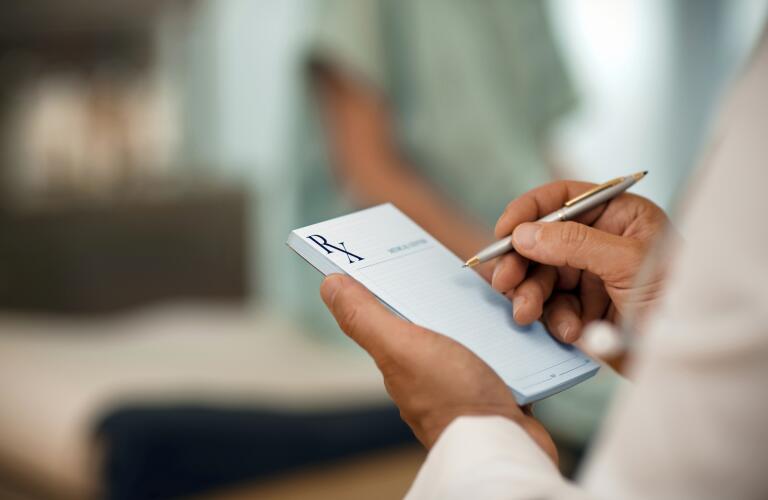
Antidepressants are one of the most common types of medicines prescribed in North America today. One in 10 people in the United States takes an antidepressant and these medicines can be life changers, even life savers. But how long should you take antidepressants and why do doctors say you shouldn’t stop taking them “cold turkey”?
How long is long enough?
Unless you’re having unpleasant side effects, there’s not usually a set period for taking antidepressants. How long you take them is a decision between you and your doctor, based on how you’re feeling and your stage or phase of treatment. There are three phases:
Acute: It can take a few weeks for you to start feeling the effects of an antidepressant once you start taking it. This is the acute phase, when the medication is kicking in. It lasts at least 6 to 8 weeks so unless your medication is causing uncomfortable side effects, this isn’t usually a good time to stop taking it.
Continuation: This phase is about 16 to 20 weeks after you start taking your medication. At this point, the goal is to keep taking the antidepressant so your symptoms don’t come back. Doctors usually recommend you continue for at least 6 to 9 months.
Maintenance: Once you’ve been taking your antidepressant for a year or more, you’re in the maintenance phase. People often continue if they have a history of depression, if they have an anxiety disorder too, or if they have a family history of depression. Again, this is a decision for you and your doctor to make.
Why stop?
There are many reasons why people stop taking antidepressants. You may feel you no longer need your prescription, you don’t like the idea of taking the medication, or you’re living with side effects that bother you too much to continue.
If you want to stop, ask yourself these questions first:
- Do I feel ready to do this?
- Do my doctor and therapist think this is a good idea?
Are there stressful situations coming up that might cause problems while I’m tapering off the medication?
- Do I have someone to lean on if I need support during this time?
- Am I prepared to take my medication again if I need it?
Once you’ve made your decision, it’s time to speak with your doctor if you haven’t already. Some questions you may want to ask include:
- What’s the best way to wean myself off the medication?
- How long will the process take?
- What signs or symptoms should I watch for that would show I’m dropping my dosage too quickly?
- What should I do if these signs or symptoms appear?
- Is this the best time for me to do this?
Why suddenly stopping isn’t a good idea.
People who stop taking their antidepressants too suddenly are at risk for developing what’s known as antidepressant discontinuation syndrome. The symptoms aren’t dangerous, but they can last a week or so and they can be quite uncomfortable. The symptoms can include:
- Anxiety
- Dizziness
- Fatigue
- Feelings of sadness
- Flushing
- Headaches
- Insomnia
- Irritability
- Nausea and vomiting
- Strange sensations, such as a “zapping” feeling, numbness or extra sensitivity to senses like sound
- Tremors
You can help yourself during the process.
Not everyone who stops taking an antidepressant has a hard time, but it’s impossible to know ahead of time who will and who won’t. Eating well, getting enough sleep, and exercising are all good ways to help yourself, and they might help you avoid some problems. And if you aren’t already seeing a psychologist or therapist, now may be a good time to consider it. Studies show that people who go to therapy after they start taking antidepressants are less likely to have a depression relapse.
Taking antidepressants can make all the difference in the world when you need them. But if the time comes that you decide to stop taking them, doing it properly will help smooth the path.











